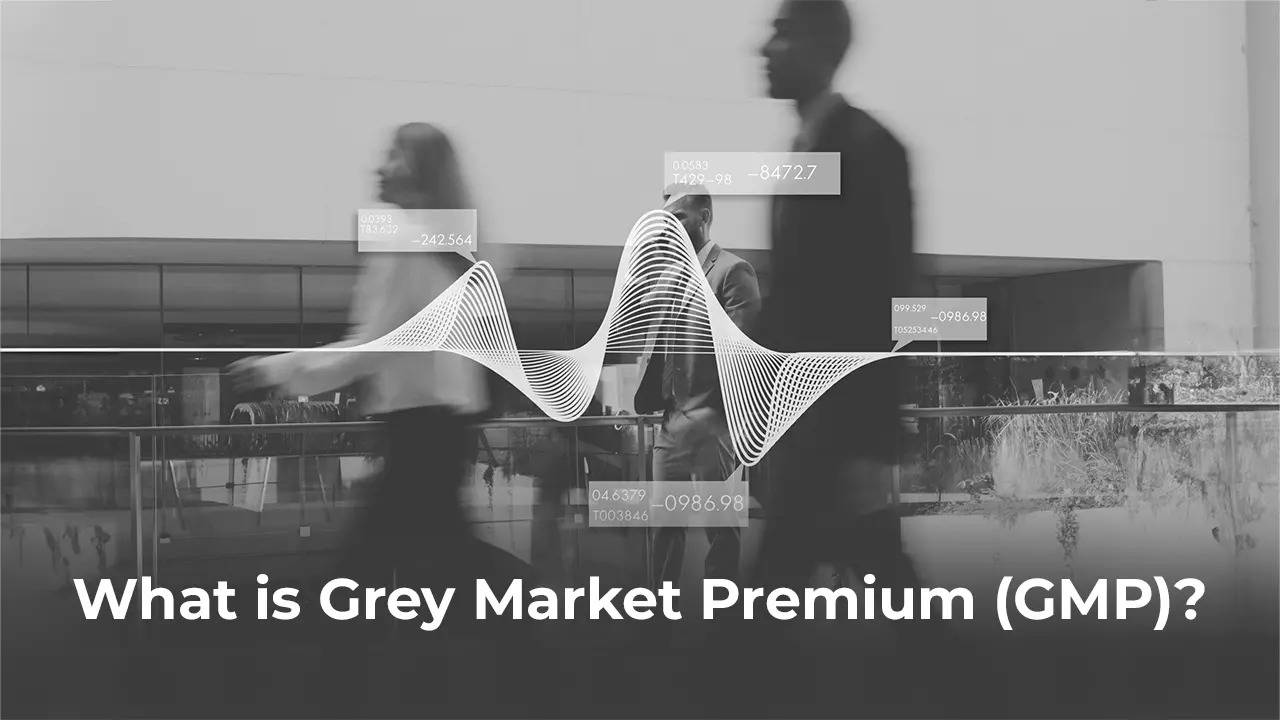What is the grey market?
The grey market is an unofficial and unregulated market where shares are traded even before they are listed on the main exchanges.Unlike exchange trades that are conducted electronically, transactions in the grey market happen in person. Although these trades occur outside the purview of regulations, they are not considered illegal, according to ET.
What is the grey market premium?
Grey market premium refers to the additional price that investors are willing to pay over the IPO price in the grey market before the stock is listed on the exchange. The stock is informally traded in the grey market based on mutual trust between traders. For instance, if the issue price for an IPO is Rs 450 per share and the stock is trading at Rs 470 in the grey market, the GMP of the IPO will be Rs 20.
How is the grey market premium calculated?
The calculation of GMP primarily reflects the demand and supply dynamics of a stock in the IPO. Traders’ perception of the number of shares that could be allotted in the offering plays a significant role. Arun Kejriwal, founder of Kejriwal Research and Investment Services, told ET that if the chances of share allotment increase, indicating more stock available for sale, the GMP will fall. Conversely, if the chances of allotment reduce, suggesting fewer shares available, the GMP will be higher.
The prices in the grey market also move in tandem with subscriptions in the IPO. Generally, higher subscription rates lead to higher GMP, and vice versa. However, abnormal reactions of GMP based on subscription should be taken with caution.
How can you buy and sell shares in the grey market?
To buy shares in an IPO, buyers approach grey market brokers and offer to purchase at a certain price or premium. The brokers then approach potential sellers who had applied for the IPO. Sellers may choose to sell if they are uncertain about the listing price and do not want to hold the risk. It is important to note that physical transfer of shares does not occur in the grey market. Once shares are allocated to the seller, they are transferred to the buyers through the brokers, with cash settlements. All transactions are settled at the listing price, and any difference between the listing price and the previously quoted price is settled on the listing day.
Hence, at 9:45 am on listing day, the trading volume tends to surge for numerous IPOs. However, these trades pose a risk as they operate outside the oversight of both the exchanges and Sebi.
Read From ET | About trading in grey market
What does the grey market premium imply?
The grey market premium indicates market sentiment for a particular IPO based on demand-supply dynamics. A high GMP suggests robust demand and potential upside in the stock on listing. Conversely, a low GMP indicates weak demand and a modest or weak listing.
Many IPOs hit Indian stock markets: Should you invest? FAQs Answered | IPO Investment Guide
How accurate is the grey market premium?
While the GMP may not reflect the exact listing price, observing GMP trends can provide traders with insights into the stock’s post-listing direction. Market experts state that a stock usually lists within a range of 15-20% around its GMP price.
Can grey market premiums be manipulated?
Manipulating the grey market premiums is challenging for large IPOs. However, market experts caution that smaller IPOs can be susceptible to GMP manipulation. There have been speculations about prices being controlled in the grey market for IPOs of small and medium enterprises. Hence, while applying for shares in an IPO, the GMP should not be the sole factor to consider, says Arun Kejriwal. He suggests that GMP is 70-80% accurate, with a margin of 5% up or down concerning the listing price.






